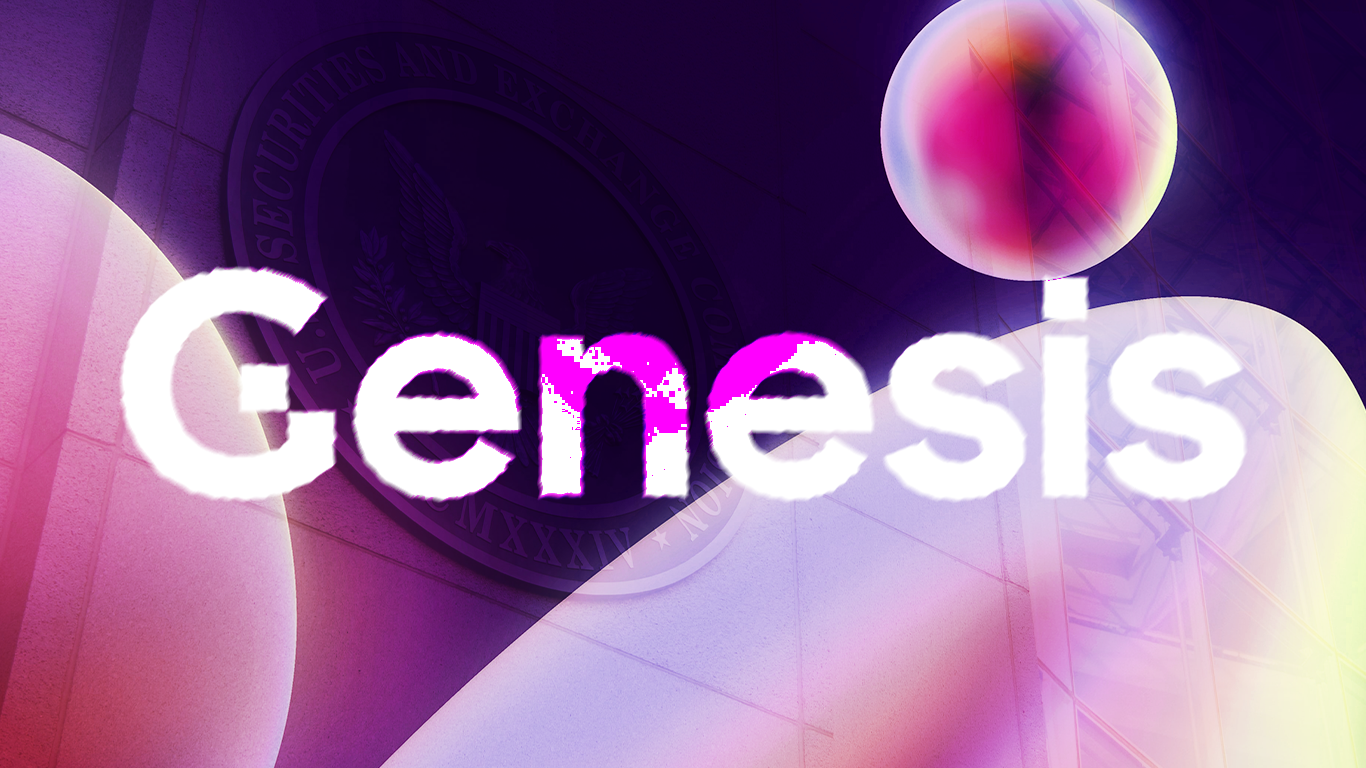After months of speculations, crypto lending firm Genesis Global Capital has filed for Chapter 11 bankruptcy protection in the U.S. Bankruptcy Court for the Southern District of New York.
Genesis Global Trading and other subsidiaries of its parent company Digital Currency Group (DCG) that are involved in the spot trading and derivatives business are not included in the filing.
Genesis was considered one of the most reputable and successful firms in the space. In the filing, Genesis Global Capital reported assets and liabilities between $1 billion and $10 billion. Genesis Global Holco and its subsidiary Genesis Asia Pacific have assets and liabilities between $100 million and $500 million.
The firm has published a list of its top 50 creditors, which include names such as Cumberland, Gemini, MoonAlpha Finance, and Mirana. Genesis Global Capital owes more than $3.5 billion to the creditors on the list.
Genesis, which has been in operation for over a decade, cites the current market downturn as the main reason for its financial troubles. It still has about $150 million in cash that it intends to use for the restructuring process.
“While we have made significant progress refining our business plans to remedy liquidity issues caused by the recent extraordinary challenges in our industry, including the default of Three Arrows Capital and the bankruptcy of FTX, an in-court restructuring presents the most effective avenue through which to preserve assets and create the best possible outcome for all Genesis stakeholders,” said Derar Islim, Interim CEO, Genesis.
In 2013, Genesis started the first over-the-counter Bitcoin trading desk, which became quite successful. More recently, it was engaged in a feud with crypto exchange Gemini.
Gemini alleged that Genesis owes about $900 million to the company through the Gemini Earn program for which both the firms had collaborated. The program was terminated on Jan 11.
Winklevoss threatens to sue
Following Genesis’ filing on Thursday, Cameron Winklevoss, Gemini CEO, threatened to sue Barry Silbert, Digital Currency Group CEO, in a tweet that was sent out shortly after.
5/ We have been preparing to take direct legal action against Barry, DCG, and others who share responsibility for the fraud that has caused harm to the 340,000+ Earn users and others duped by Genesis and its accomplices.
— Cameron Winklevoss (@cameron) January 20, 2023
The tweet follows Winklevoss’ Twitter battle with DCG to pay back the loan while dealing with difficulties in his exchange.
Winklevoss referred to the lender’s insolvency as a “crucial step” in reclaiming Gemini users’ assets. He nonetheless aims to sue Silbert and Genesis’ parent company, DCG, unless Silbert gives a “fair offer” to Genesis’ shareholders.
The most recent tweets come after a public argument between Silbert and Winklevoss that lasted for several weeks over the repayment of the loan Gemini made to Genesis.
Winklevoss demanded Silbert be fired from DCG, claiming that he had misappropriated funds among the numerous businesses he oversees.
Genesis Global Capital challenged a few of Gemini’s claims in its consensual chapter 11 bankruptcy petition. Genesis argues that the bankruptcy did not comply with applicable law and points out that the $900 million loan is the net proceeds from selling specific assets.
In his most recent tweets, Winklevoss also reiterated his earlier accusations that Silbert had not worked with Gemini to develop a repayment strategy for the loan.
The partnership between Gemini and Genesis was established in 2021 for Gemini Earn, a high-yield offering that catered to many American investors. About the “Earn” product, Gemini lent money from its users to Genesis, who then lent it to other cryptocurrency businesses.
However, things worsened in November when Genesis stopped repayments and new loan issuances following a string of bad loans to failed cryptocurrency companies like Three Arrows Capital and FTX. As a result of not being able to access their funds, users of Gemini Earn turned against Winklevoss and initiated legal action against him and his brother, who is also a co-founder, accusing them of fraudulent activities.
While both businesses conflict with regulators, Genesis has just announced its bankruptcy. The SEC has accused Gemini and Genesis of selling securities that were not registered in a lawsuit that was filed recently.








